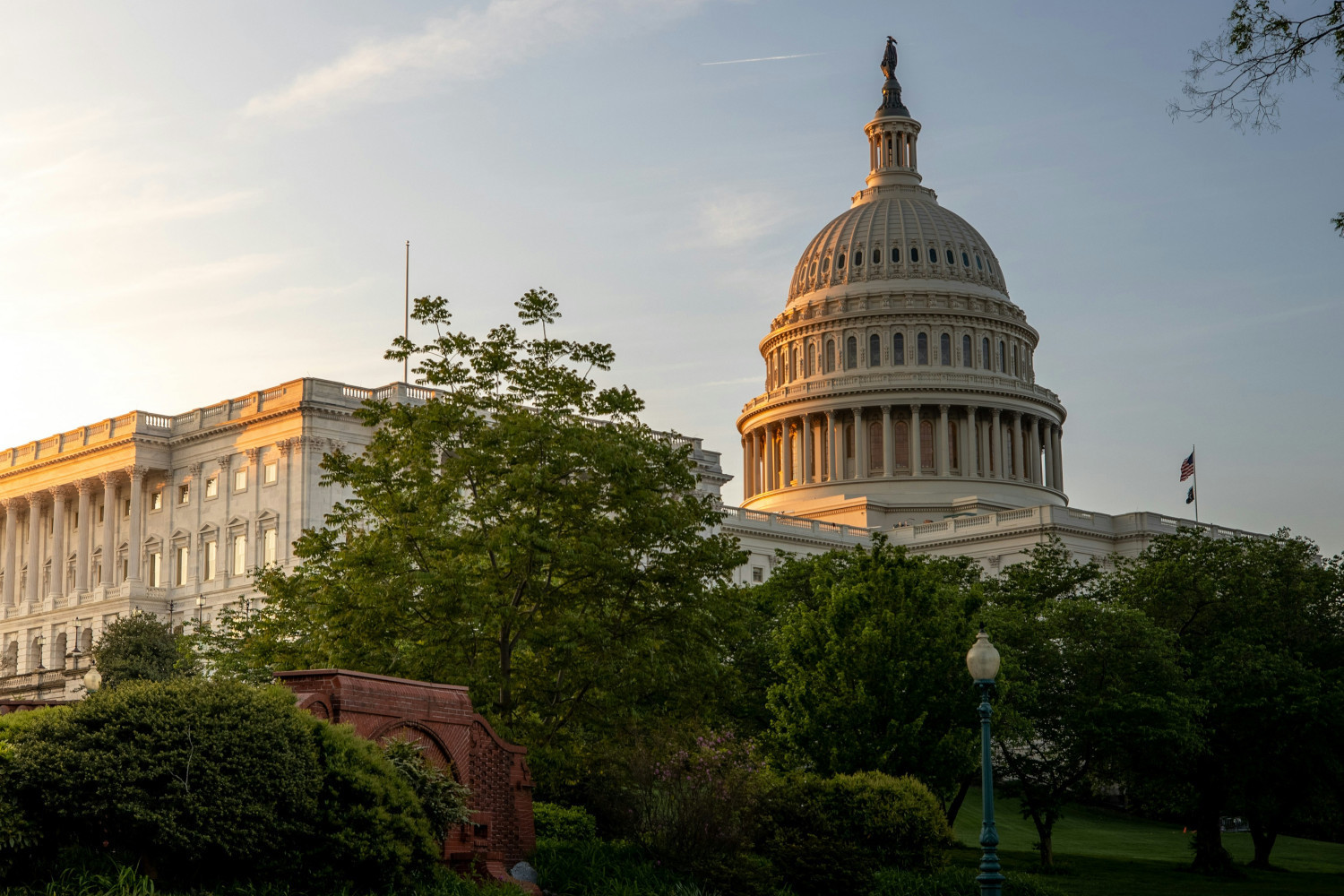Snapshot
Snapshot: Trump has created a crisis of trust.
In the wake of Trump’s first 100 days in office, restoring trust in the US economy will require consistent, transparent, and strategic communication, argues Jordan Greenaway.

[NEW INSIGHT] Why multimedia is becoming a CEOs most powerful thought leadership tool in 2026
Trump’s first 100 days are behind him. What have we learnt? My headline takeaway: The importance of trust — and just how easy it is to erode in a matter of months.
It’s been a rocky start to 2025. Consumer confidence has dipped, fears of a recession are growing, and business leaders are starting to question the new administration’s economic direction.
Taken together, these are classic indicators of a crisis of confidence.
The strength of the US economy – and the dollar by extension – rests on something intangible yet foundational: deep trust in the reliability of American markets.
Recent fluctuations, coupled with doubts about the dollar’s long-term status as the world’s reserve currency, are not just signs of financial turbulence. They are symptoms of a reputational crisis.
What do we mean by trust? It’s the confidence that investors place in the predictability of the US economy.
In emerging markets, such trust must be protected at all costs. But across much of the Western world, it is often taken for granted.
In the US, it’s long been assumed as a given – until now. And rebuilding it will be difficult.
Investor trust in the US hasn’t been built overnight. It’s been carefully cultivated over decades through careful policymaking, institutional integrity, and a commitment to the rule of law.
Trump’s approach marks a clear departure from this tradition. He has signed 142 executive orders during his first 100 days in office. This is more than any other president in US history.
He has taken a wrecking ball to the US’s reputation for predictable policymaking. Trump has replaced it with schizophrenic announcements, often delivered via social media, and open attacks on key institutions such as the Fed.
The current market turmoil, then, should not be seen as just another economic hiccup – but, instead, as a case study of what happens when trust is treated as an afterthought rather than a strategic priority.
The lesson here is one that extends well beyond government.
Too often, organisations facing turbulence instinctively go for quick fixes. They opt to offload employees, panic sell assets, or make hasty statements to the media.
But these approaches overlook the real damage: the erosion of trust that lingers long after the immediate issue is resolved.
What’s needed isn’t just better policy. It's a strategy for rebuilding belief.
How do we do this? Consistent, transparent communication, long-term commitment to principles, and reestablishing the credibility of institutions.
In short, a PR-driven trust issue demands a trust-focused PR strategy.